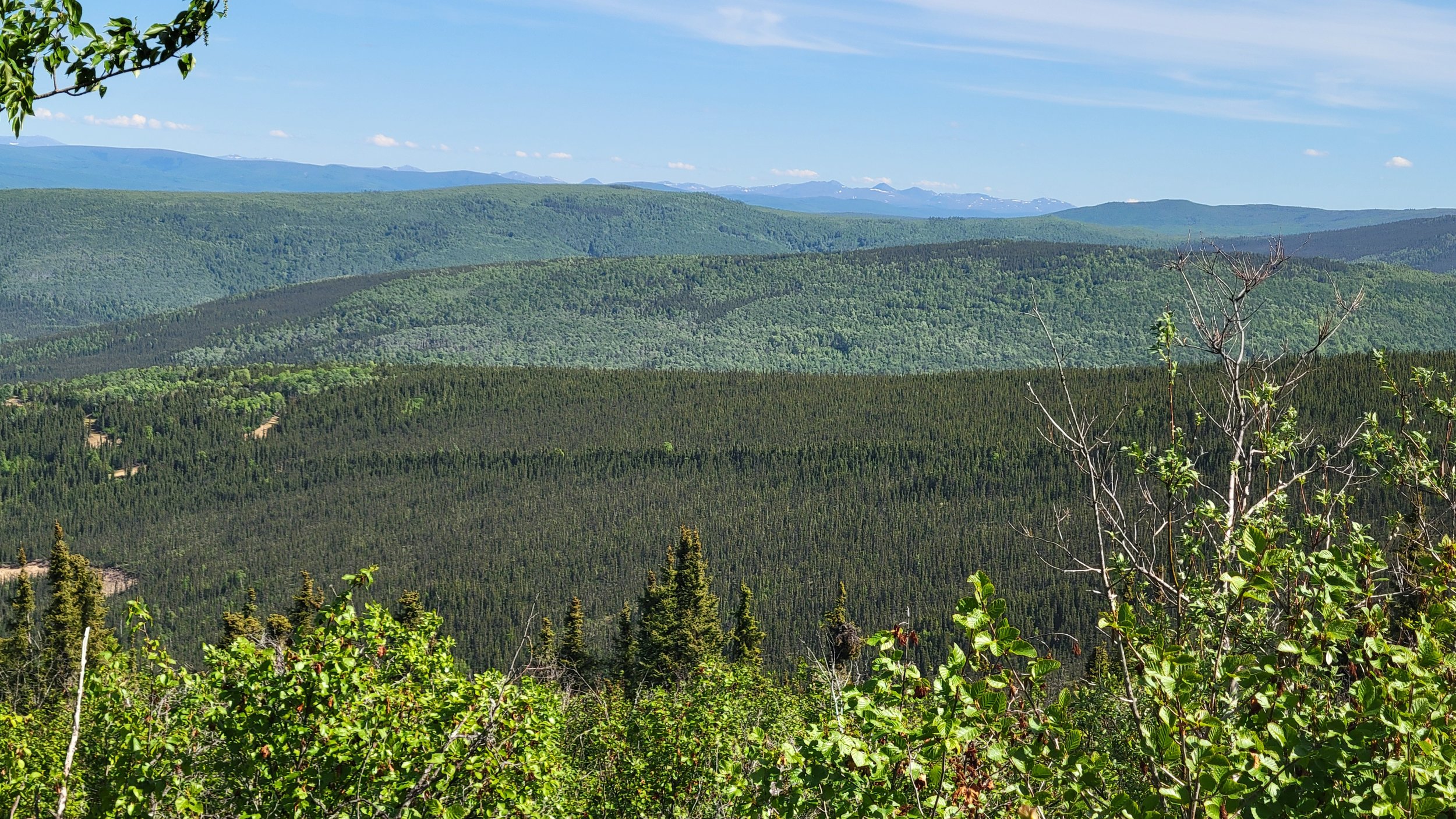Congrats James!
Graphical abstract
Congrats James!

Graphical abstract
Colin Mast’s M.S. thesis research was just published in Landscape Ecology
https://link.springer.com/article/10.1007/s10980-024-02041-5

Persephone Brosseau, senior in ENVS, just received a grant from the UO College of Arts and Sciences to conduct undergraduate research in our lab. She’ll be honing her GIS skills and learning how to code in R. Welcome Persephone and Tofu (her kitty).

New paper out in Science of the Total Environment coauthored by Melissa and Hana

We’re hiring a postdoc for a new project funded by the Joint Fire Sciences to study juniper/pine invasion in the sagebrush steppe. Application is due Tuesday, Oct 29th. Come join our wonderful research group at the University of Oregon!
Apply here: https://careers.uoregon.edu/en-us/job/534570/terrestrial-ecosystem-ecology-and-landscapes-teel-postdoctoral-scholar
Reese, GC, BR Sturtevant, CC Dymond, KM Quigley, MJ Duveneck, MJ Duveneck, MS Lucash, EJ Gustafson, RM Scheller, MB Russell, and BR Miranda. 2024. Best practices for calibration of forest landscape models using fine-scaled reference information. Canadian Journal of Forest Research. Just in. https://doi.org/10.1139/cjfr-2024-0085

James just received a prestigious fellowship from the National Parks Foundation to work with National Parks in Washington. He’ll remain in our lab at the University of Oregon, but will work closely with NPS and NPF to conserve Northwest forests at risk from emerging threats.
More details here: https://www.nationalparks.org/news-and-updates/updates/npf-supports-six-postdoctoral-fellows-advance-science-research-national-parks

Hana co-authored a paper based on her undergraduate research with Dr. Tim Assad.
Abstract: Accurate information on the distribution of vegetation species is used as a proxy for the health of an ecosystem, a currency of international environmental treaties, and a necessary planning tool for forest preservation and rehabilitation, to name just a few of its applications. However, direct, extensive observation of vegetation across large geographic regions can be very expensive. The extensive coverage and high temporal resolution of remote sensing data collected by satellites like the European Space Agency’s Sentinel-2 system could be a critical component of a solution to this problem. We propose a hierarchical model for predicting vegetation cover that incorporates high resolution satellite imagery, landscape characteristics such as elevation and slope, and direct observation of vegetation cover. Besides providing model-based predictions of vegetation cover with accompanying uncertainty quantification, our proposed model offers inference about the effects of landscape characteristics on vegetation type. Implementation of the model is computationally challenging due to the volume and spatial extent of data involved. Thus, we propose an efficient, approximate method for model fitting that is able to make use of all available observations. We demonstrate our approach with an application to the distribution of three post-fire resprouting deciduous species in the Jemez Mountains of New Mexico.
Gabriel was an instructor at the Science Adventure Summer Camp in Fairbanks, Alaska, as part of public outreach through Bonanza Creek LTER. Read more about it in our outreach blog post.

We visited Fairbanks, AK to participate in the 2024 Bonanza Creek LTER Symposium! Our group provided updates on our research on how climate change may impact boreal forests of interior AK, whilst paving new avenues to develop our work further. The team, along with researchers from UAF and the Carey Institute, made excellent progress in the BNZ Creek modeling working group!We got to see some expansive spruce forests, the beautiful Alaska range, and smoke plumes indicating the onset of the fire season!













